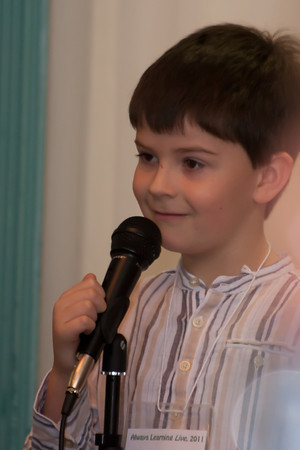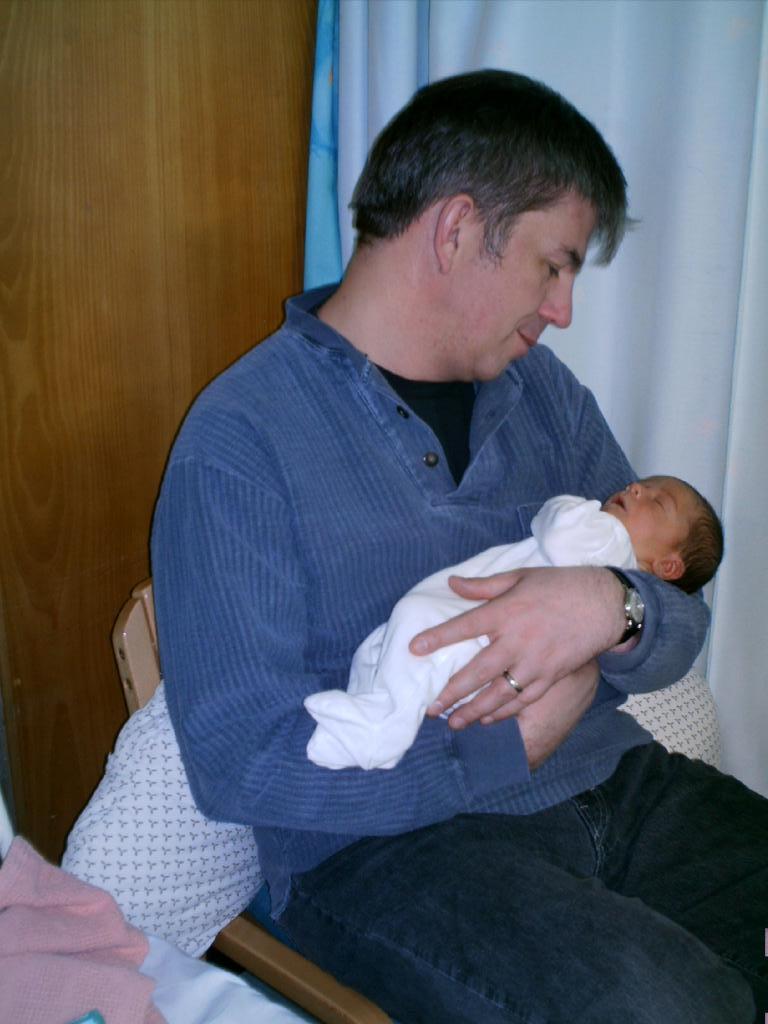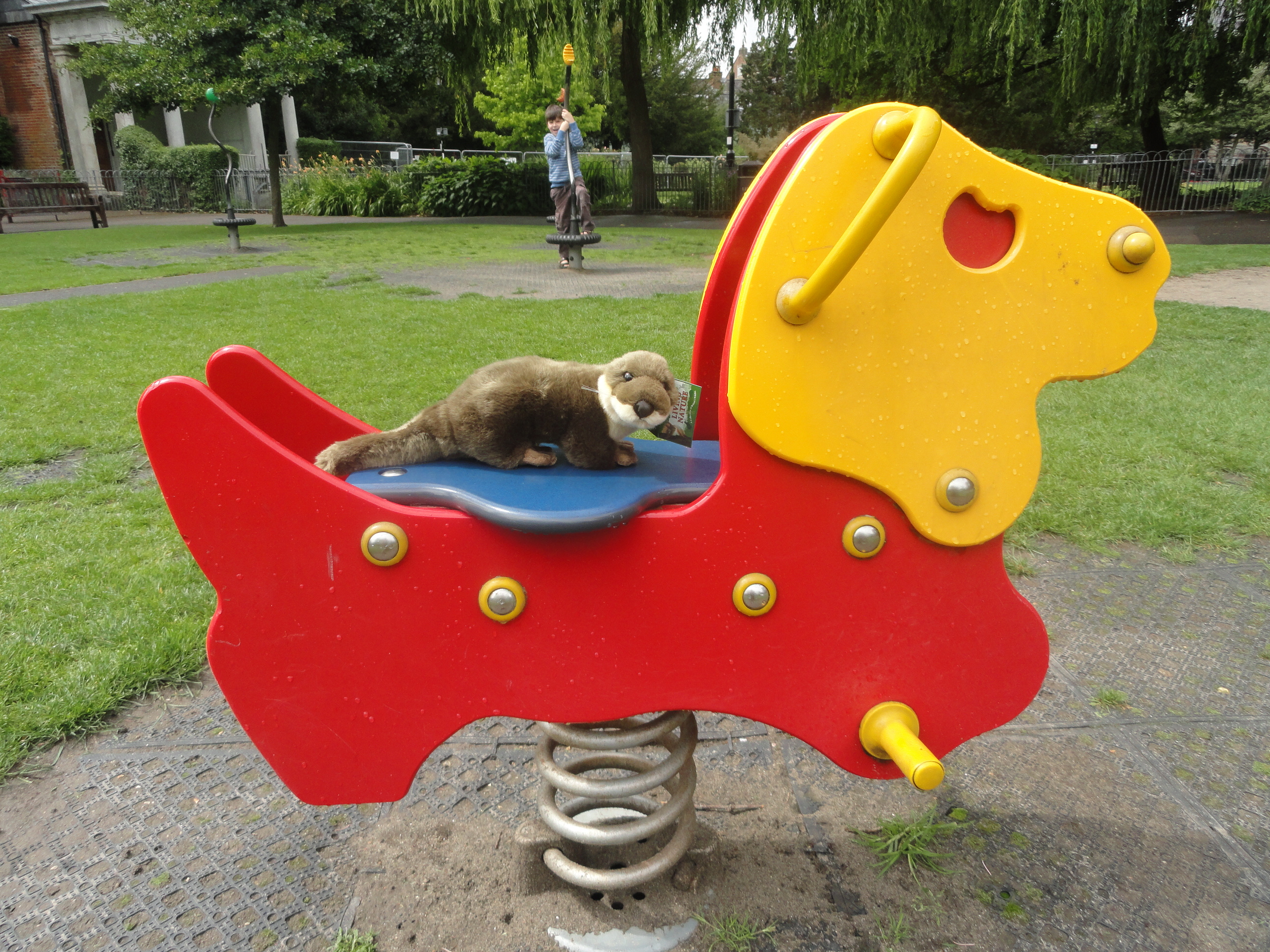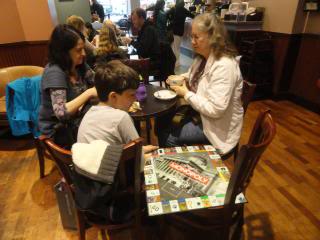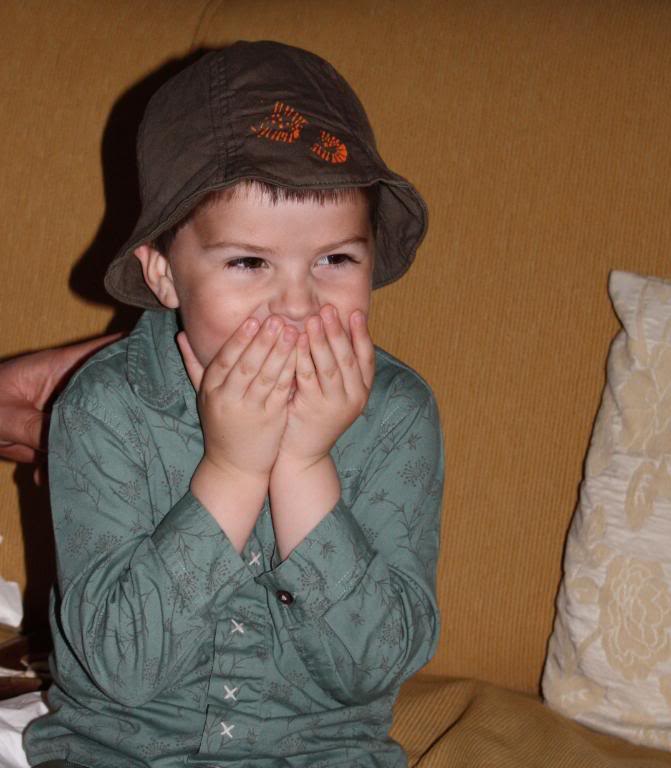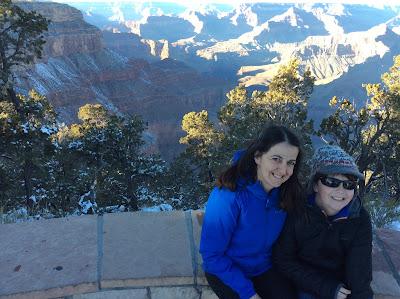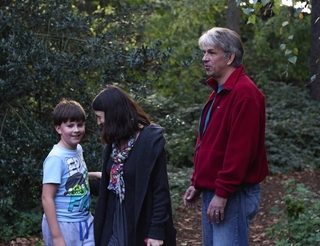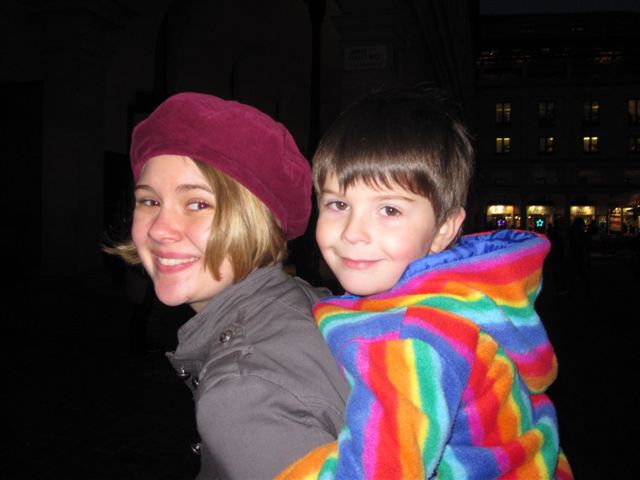
The structured homeschooling that involves buying a curriculum and teaching at the kitchen table on a schedule is not the control group the school system needed. Those who practice “school at home” serve to reinforce the school’s claims that they could do better if they had more teachers and better equipment. When a structured family has high test scores, the schools say “SEE? We could do that too if we had one teacher per three or four students.”
Scientifically speaking, my children are not a control group. They’re not isolated and kept purely away from school methods and messages. But what is unquestionable is that there are now thousands of children who are learning without formal teaching. They are learning from the world around them, from being with interesting and interested adults doing real work and real play. Instead of being put away with other children to prepare for life, they are joining life-in-progress right at birth, and never leaving “the real world.”
SandraDodd.com/thoughts
photo of Holly Dodd and Adam Daniel, by Adam's mom
Repeated, photo and all, from October 11, 2011. Holly is twenty-four years old now, and Adam is ten.

